Nuclear Medicine and Biology publishes original research addressing all aspects of radiopharmaceutical science: synthesis (automated and manual), in vitro and ex vivo studies, in vivo biodistribution by dissection or imaging, radiopharmacology, radiopharmacy, and translational clinical studies of new targeted radiotracers. The importance of the target to an unmet clinical need should be the first consideration.
These multidisciplinary studies should validate the mechanism of localization whether the tracer is based on binding to a receptor, enzyme, tumor antigen, or another well-defined target. The studies should be aimed at evaluating how the chemical and radiopharmaceutical properties affect pharmacokinetics, pharmacodynamics, or therapeutic efficacy. Ideally, the study would address the sensitivity of the tracer to changes in disease or treatment, although studies validating mechanism alone are acceptable as well.
If the synthesis of a new radiopharmaceutical is submitted without in vitro or in vivo data, then the uniqueness of the chemistry must be emphasized and should provide a substantial improvement over existing methodologies.
Radiopharmacy practice, addressing the issues of preparation, automation, quality control, dispensing, and regulations applicable to qualification and administration of radiopharmaceuticals to humans, is an important aspect of the developmental process, but only if the study has a significant impact on the field.
Contributions on the subject of therapeutic radiopharmaceuticals also are appropriate provided that the specificity of labeled compound localization and therapeutic effect have been addressed.
| Volumes | Volumes 104–105: Pages 1-66 (January–February 2022), Volumes 106–107: Pages 1-88 (March–April 2022), Volumes 108–109: Pages 1-92 (May–June 2022), Volumes 110–111: Pages 1-66 (July–August 2022), Volumes 112–113: Pages 1-68 (September–October 2022), Volumes 114–115: Pages 1-198 (November–December 2022), Volumes 116–117: January–February 2023, Volumes 118–119: March–April 2023, Volumes 120–121: May–June 2023, Volumes 122–123: July–August 2023, Volumes 124–125: September–October 2023, Volumes 126–127: November–December 2023, Volumes 128–129: January–February 2024, Volumes 130–131: March–April 2024, Volumes 132–133: May–June 2024, Volumes 134–135: July–August 2024, Volumes 136–137: September–October 2024 |
|---|
Be the first to review “Nuclear Medicine and Biology PDF” Cancel reply
You must be logged in to post a review.
Related Products
Journals/Articles
Journals/Articles
Cardiovascular Revascularization Medicine: Interesting Cases PDF
Journals/Articles
Journals/Articles
Journals/Articles
Journals/Articles
Journals/Articles
Journals/Articles
Journals/Articles
Journals/Articles
Journals/Articles
Journals/Articles
Journals/Articles
Journals/Articles
Journals/Articles
Journals/Articles
Journals/Articles
Journals/Articles
Journals/Articles
Journals/Articles
Journals/Articles
Journals/Articles
Journals/Articles
Technical Innovations & Patient Support in Radiation Oncology PDF
Journals/Articles
Journals/Articles
Journals/Articles
Journals/Articles
Journals/Articles
Journals/Articles
Journals/Articles
Journals/Articles
Journals/Articles
Journals/Articles
The American Journal of Geriatric Psychiatry: Open Science, Education, and Practice PDF
Journals/Articles
Journals/Articles
Journals/Articles
Journals/Articles
Journals/Articles
Journals/Articles
Journals/Articles
Journals/Articles
Journals/Articles
Journals/Articles
Journals/Articles
First Nations Health and Wellbeing – The Lowitja Journal PDF
Journals/Articles
Journals/Articles
Journals/Articles
Journals/Articles
Journals/Articles
Journals/Articles
Journals/Articles
Journals/Articles
Journals/Articles
Journals/Articles
Journals/Articles
Seminars in Thoracic and Cardiovascular Surgery: Pediatric Cardiac Surgery Annual PDF
Journals/Articles
Journals/Articles
Journals/Articles
Journals/Articles
Journals/Articles
The Journal of Allergy and Clinical Immunology: In Practice PDF
Journals/Articles
Journals/Articles
Journals/Articles
Journals/Articles
Journals/Articles
Journals/Articles
Journals/Articles
Dimensions of Critical Care Nursing: Volume 43 (1 – 3) 2024 PDF
Journals/Articles
Dimensions of Critical Care Nursing: Volume 42 (1 – 6) 2023 PDF
Journals/Articles
Dimensions of Critical Care Nursing: Volume 41 (1 – 6) 2022 PDF
Journals/Articles
Journals/Articles
Journals/Articles
Journals/Articles
Journals/Articles
Journals/Articles
Journals/Articles
Journals/Articles
Journals/Articles
Journals/Articles
Current Sports Medicine Reports: Volume 22 (1 – 12) 2023 PDF
Journals/Articles
Journals/Articles
Current Sports Medicine Reports: Volume 21 (1 – 12) 2022 PDF
Journals/Articles
Journals/Articles
Journals/Articles
Journals/Articles
Journals/Articles
Journals/Articles
Journals/Articles
Journals/Articles
Journals/Articles
Journals/Articles
Current Opinion in Pulmonary Medicine: Volume 30 (1 – 3) 2024 PDF
Journals/Articles
Current Opinion in Pulmonary Medicine: Volume 29 (1 – 6) 2023 PDF
Journals/Articles
Current Opinion in Pulmonary Medicine: Volume 28 (1 – 6) 2022 PDF
Journals/Articles
Journals/Articles


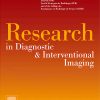

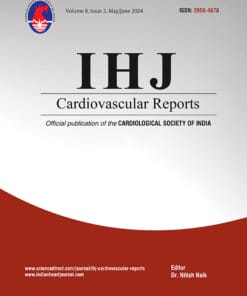
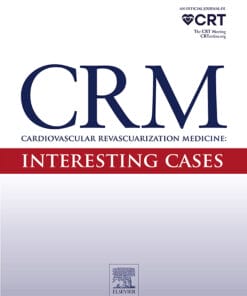
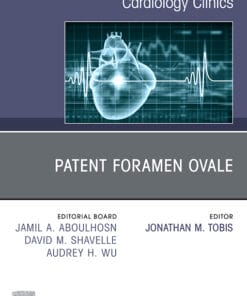
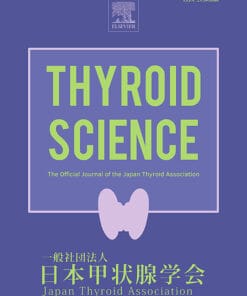
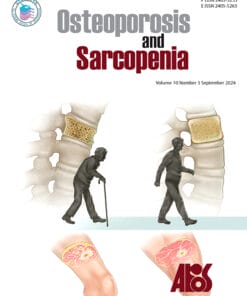

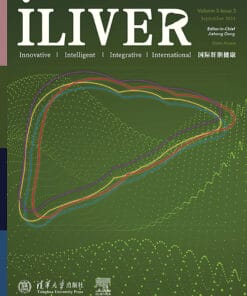
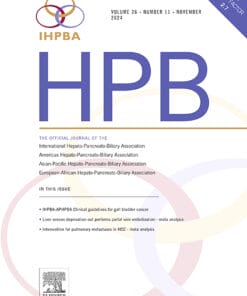






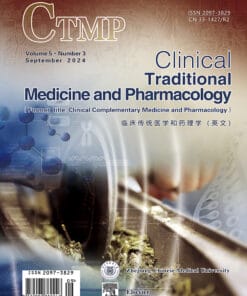
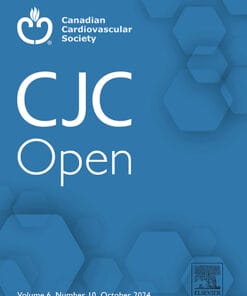

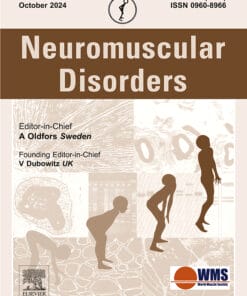
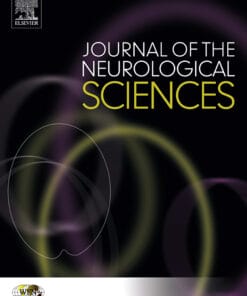
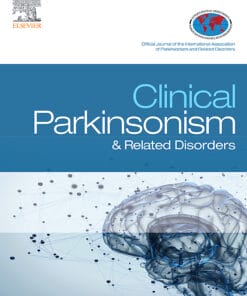
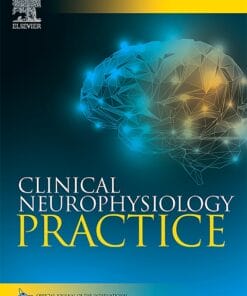
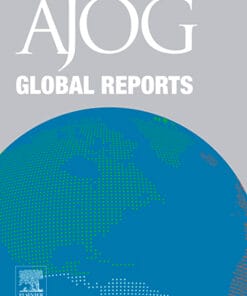
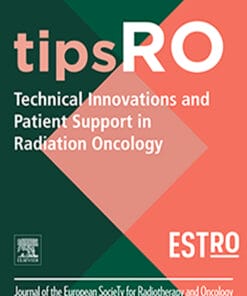
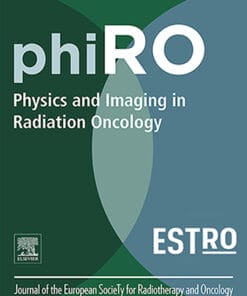
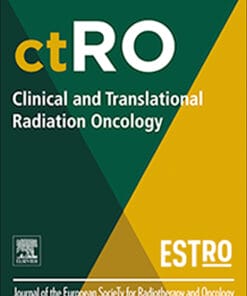
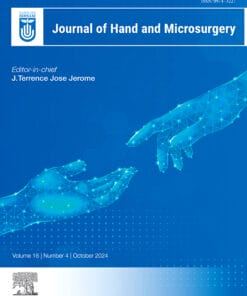
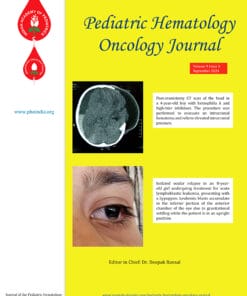
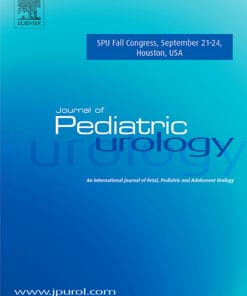
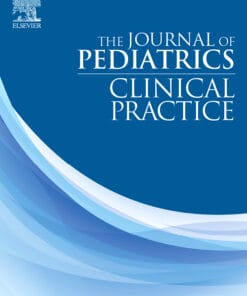


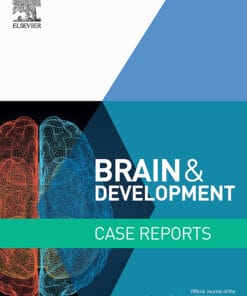

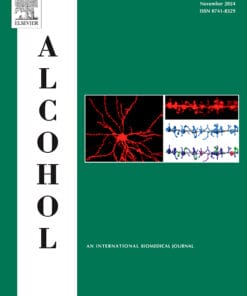
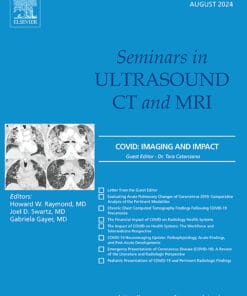
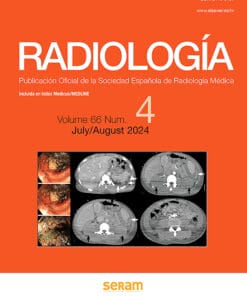
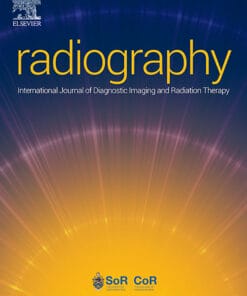

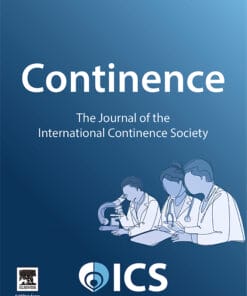


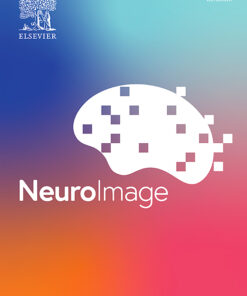
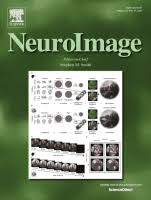
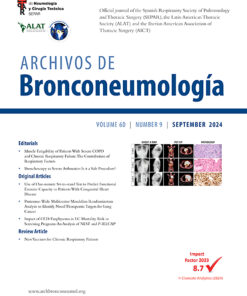


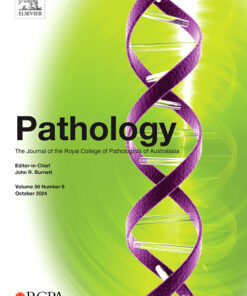
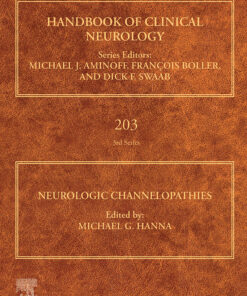



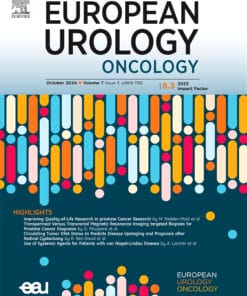
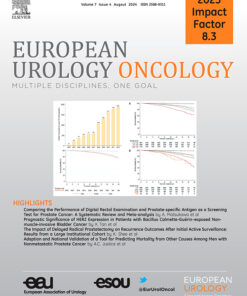
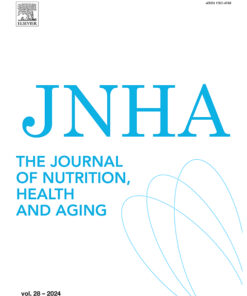
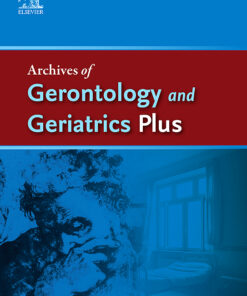
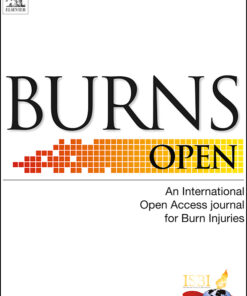
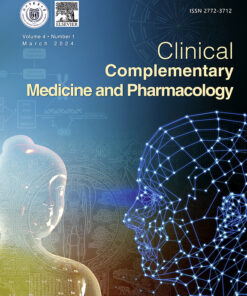
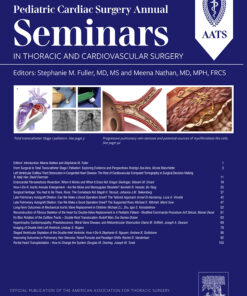

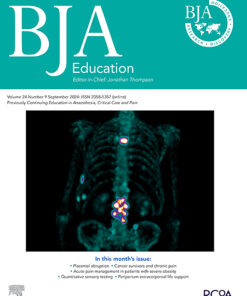
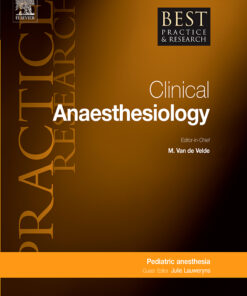



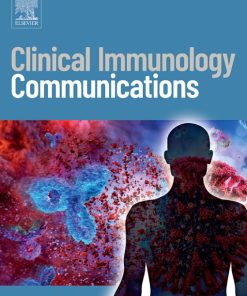
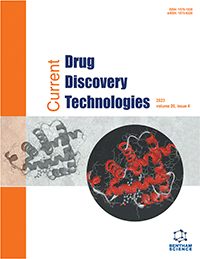

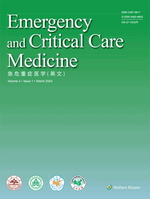
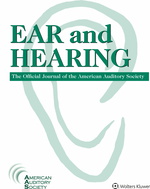
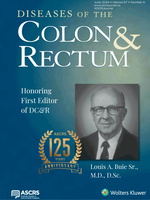
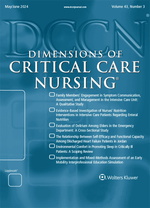


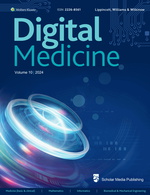
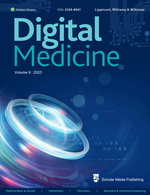
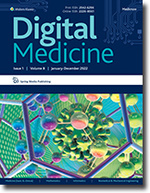
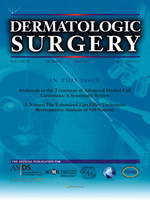
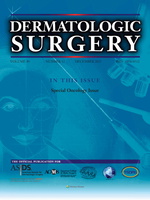
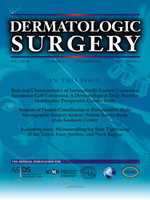
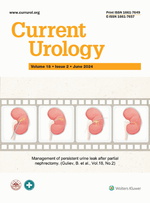
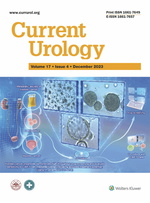
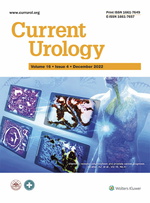


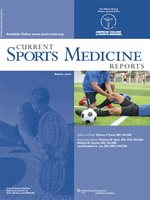
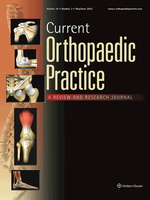
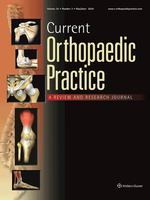
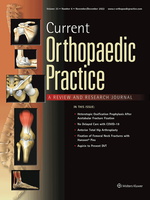
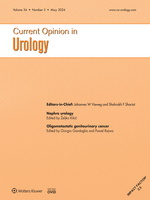
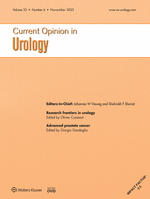
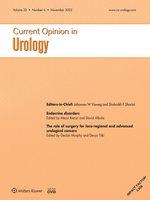
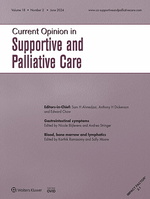
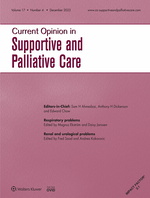
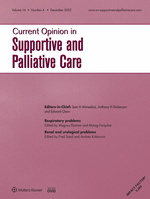
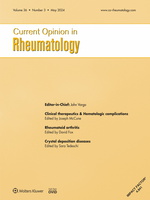
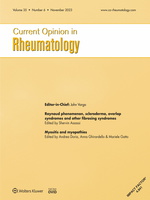
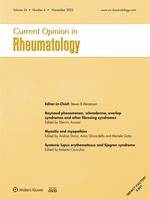
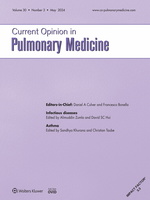
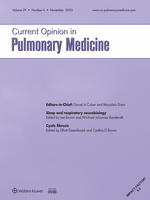
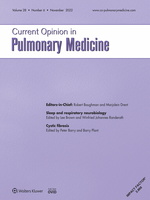
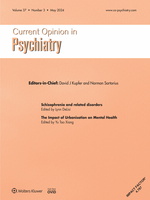
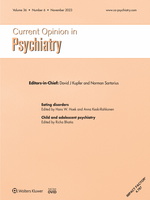
Reviews
There are no reviews yet.